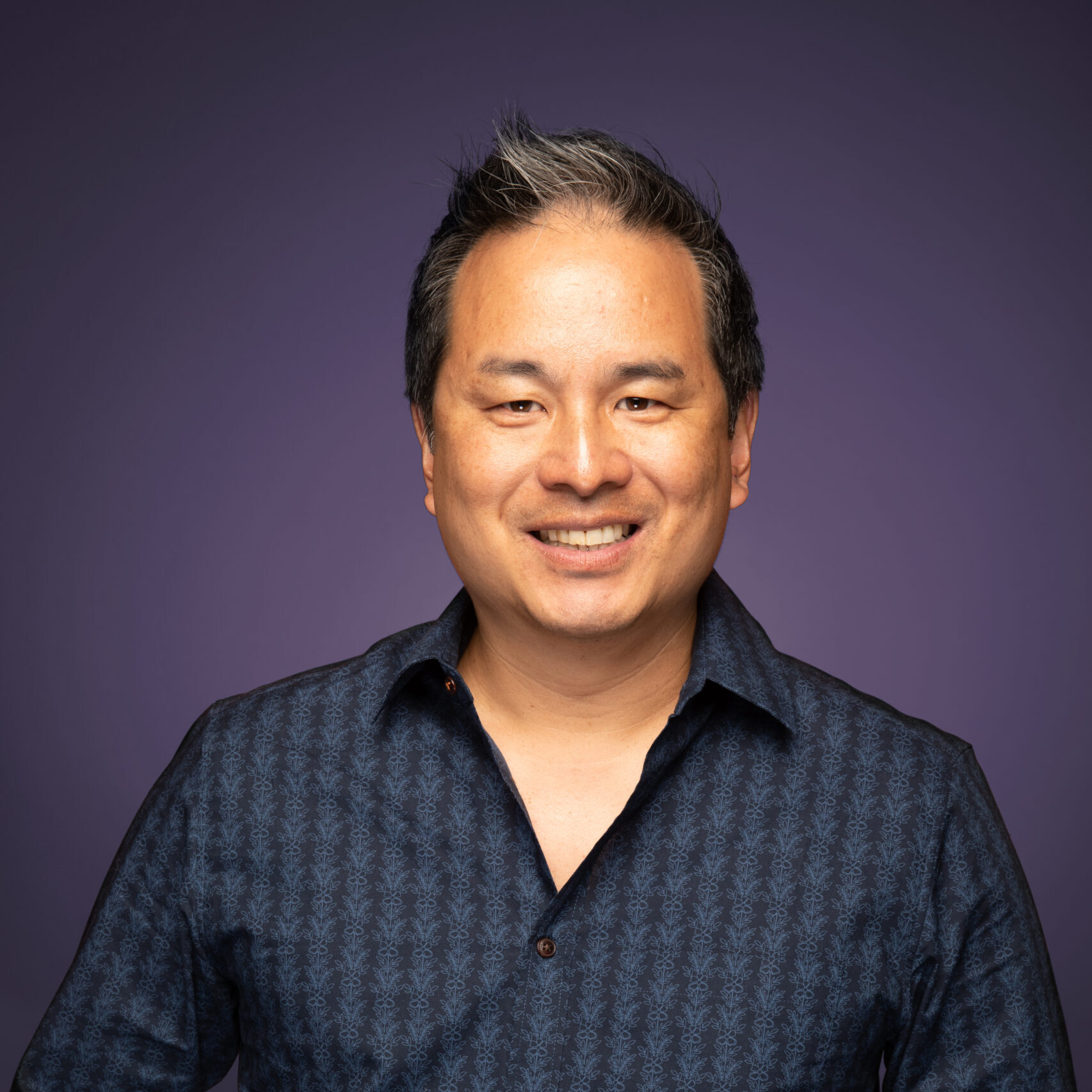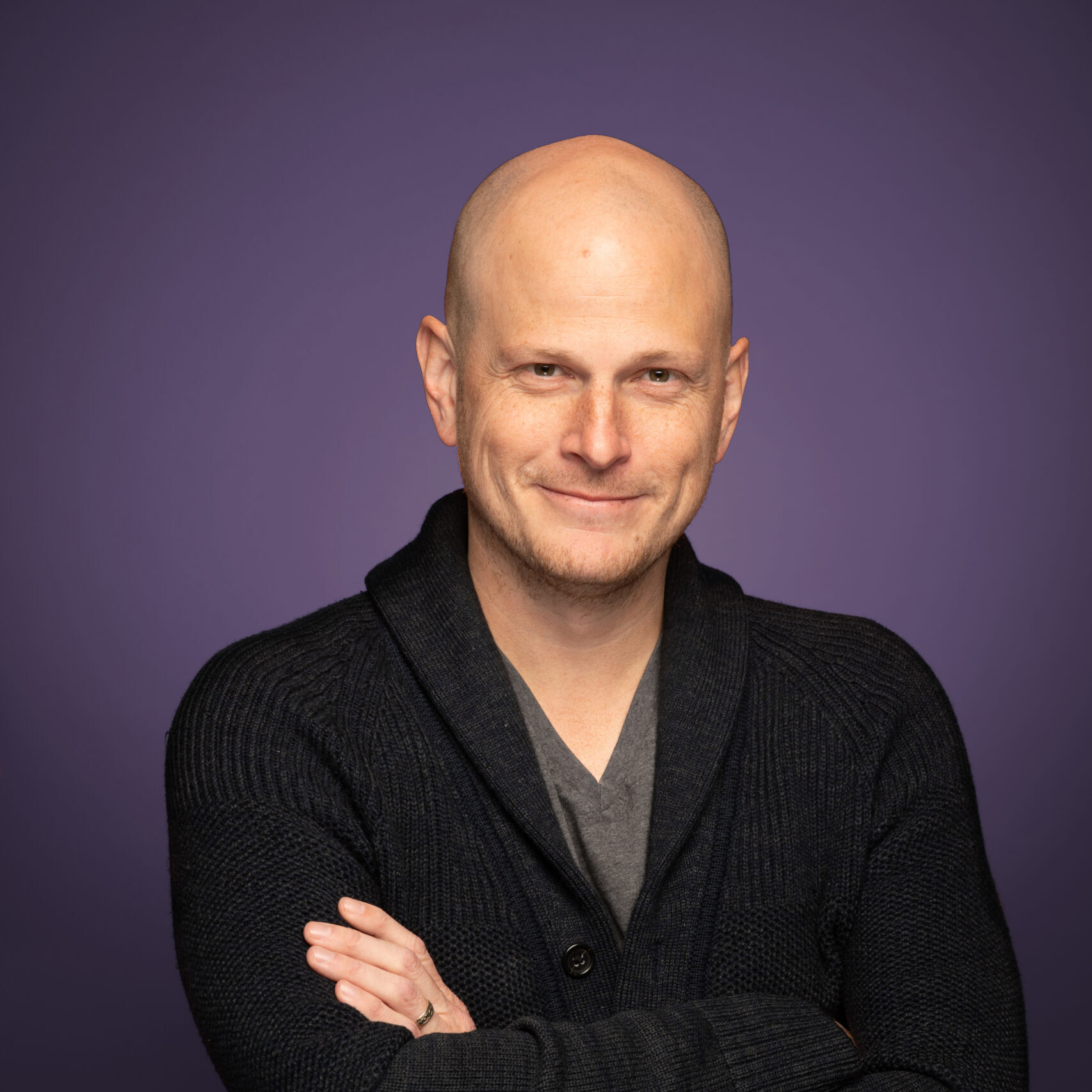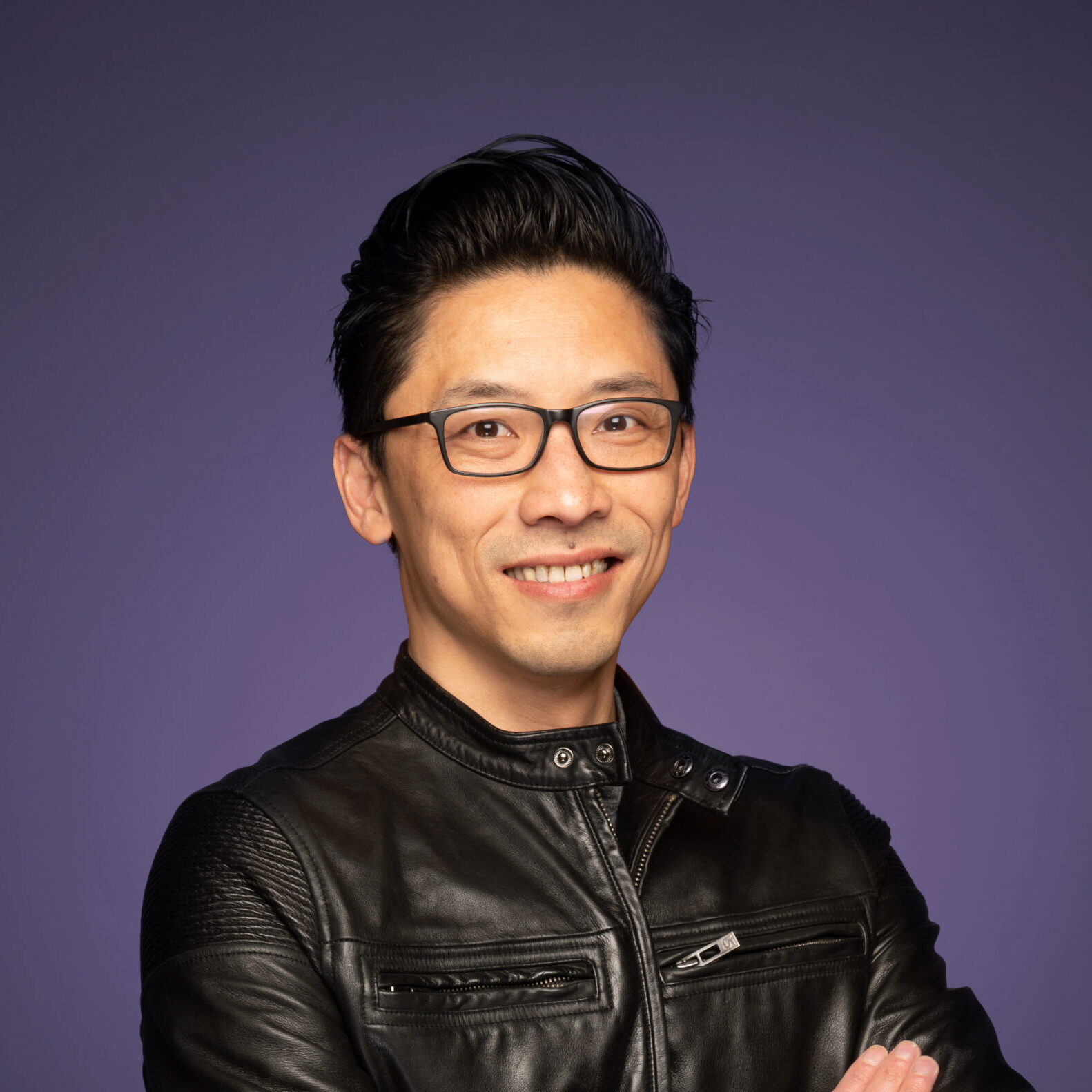
This is what happens
when you build
one global studio
with one simple goal:
belonging.
The Fortis Origin Story
Hello Friends,
It’s been some time since I last attempted to put something out into the wilds of the internet, but a strange thing happened en route to founding another startup and I wanted to share.
Today, we announced Fortis Games. She’s an odd bird, born of unique circumstances. I’m very proud to play a part.
We founded Fortis on a simple idea: that game design can be a competitive advantage. It seems obvious, but the market has underinvested in this category relative to the opportunity. Capital tends to flow toward opportunities its allocators understand, and said allocators rarely come from a design background. As a result, investment focuses on shifts in platform, changes in business model and inefficiency arbitrages. It’s unsurprising. The patterns are easier to identify and investments into those categories, particularly when made early in a cycle, have often been successful.
Already, we see the market looking for the next shift. The NEXT thing is far more important than the evolution of the current thing. Phones MUST give way to headsets or microchips or AI overlords. A window to virtual reality must give way to a fully immersive experience. Because if there is a NEXT thing, then incumbency advantages disappear, and incumbents in the current thing are annoyingly hard to displace. We understand the reasoning, but we believe the ecosystem has misjudged the stage this cycle is in.
Game services are in their infancy, not their maturity. Incumbency advantages in services are vastly overestimated. Or, to carry on my contorted narrative from before: the current thing is the NEXT thing.
Some context. When smartphones came out they ushered in the era of game services, but the platform began in a very bounded state.
Compute power. Storage. Data. Updates. Audience. Access. Distribution. Marketing.
Games catered to these boundaries. Design patterns were set and then ingrained. Data reinforced these patterns. Experimentation became increasingly less common because it was so risky. Costs went up as everyone began to compete on the same axis — the traditional arms race generally associated with market “maturity.”
But this industry is fast. It changes quickly. These limits have changed. But the designs, by and large, haven’t kept pace. We want to focus on updating them. That’s the biggest opportunity. Not walking away from the current market in search of a new model or a new reality (though I’m personally excited to see what comes of all of that).
As Steve, Calvin and I embarked upon our Zoom Odyssey in search of the right partner we repeated the same mantra over and over: compete on design. So few others are doing it. Make the whole company about it. Build a company from the ground up with that thought process in the center. Go back to first principles and question all of these other patterns the industry has fallen into.
Why do teams silo and compete with each other rather than collaborate?
Let’s change it.
Why do green lights have to be high stakes pageants rather than fluid conversations?
Let’s change it.
Why do interviews need to be superficial exercises in awkward small talk rather than opportunities to share thought processes?
Let’s change it.
Off we went in search of a fellow contrarian. A partner willing to support building a different way of doing things.
In the end, we found that partner. It came from an unexpected place, but perhaps that’s fitting. What mattered was what we shared. Core beliefs: team is what matters, building for the long run is better than focusing on the next quarterly result, and zigging while the market zagged could often pay dividends.
And so Fortis is here. A global studio (150+ people in 9+ countries) dedicated to advancing the design of game services. To building games where you belong. Places where you can express yourself in meaningful ways and build ties around the interesting differences these choices create. To assembling digital societies that add to our lives.
The design patterns for this future are out there, waiting for us. Some discovered and in their infancy with many others yet to be unsurfaced. Our job is to find these patterns and cultivate them into games worth playing for years. Our KPIs look to friendships formed, experience differentiation, and community development in addition to the ordinary grist of running a business. Ideas are brought to light within the creative core of the company and then debated openly. The ideological battlefields are fierce and exciting. There’s just so much to think about. So many possibilities to consider. So many societies to build.
I’m leaving a lot left unsaid. This is just a preamble. A prologue to the dialogue we hope never hits an epilogue.
I hope it succeeds.
I guess that’s it.
…
Wait. No. Come back.
One last thing.
If you’re interested in why people do the things they do, if you study it and think about it, we want to talk to you — regardless of your experience or background. Not in games? Not a problem. Apply. We don’t care where you live. We’re a global, remote first studio.
At the very least, the interview will be interesting. Go over and apply on our careers page.

Meet our founders
-

Steven Chiang
President
Steven Chiang is the President of Fortis and focuses on building the leadership culture and getting our games shipped. Raised amidst the cornfields of Iowa, he first found his way to games and coding with the help of an Apple IIGS and mail-order programming cards. This childhood experience was then combined with childhood friends to form Tiburon Entertainment, which is now a lynchpin of the EA SPORTS ecosystem as the makers of the Madden NFL series. He rose to the position of SVP at EA before disembarking on a magical journey throughout the universe, leaving success in his wake at Zynga and Warner Brothers Games. Having reached the towering heights, Steve grew indifferent and listless, finding no joy even in his perpetual Clash of Clans battles. He realized, during a moment of quiet meditation, that to go forward, he must go backward. He must do it all again. And so Fortis is here, a brazen attempt to recapture the blossom of his youth by once again founding a company in pursuit of the grand dream of building industry defining entertainment.
-

Shawn Foust
Chief Operating Officer
Shawn is the COO of Fortis and focuses on product, publishing, community, and corporate development. He’s managed to work in games for over a decade, often resorting to founding companies so he has a place to work). Throughout that career, he’s been a lawyer, a business developer, a game designer, a producer, a founder, an executive, and a wandering sage (consultant of dubious value). He’s won a few, he’s lost a few. Through all of those ups and downs, he remains passionate about games as a creative medium and a way to bring people together. Fortis, as a global, remote company working in the design lane – is an attempt to follow that passion at a grand scale.
In his free time, he writes blogs and biographies about himself in the third person, which isn’t weird at all.
-

Calvin Lau
Chief Product Officer
Calvin is the Chief Product Officer of Fortis and focuses on building the creative culture within the company. He began his career in entertainment as an unpaid model for a SAT Prep Company before making the eventual transition into game design and product management. Reclusive by nature, Fortis has forced him out of shell, resulting in multiple well-regarded updates to his LinkedIn profile as well as a number of greenlit games helmed by fantastic and thoughtful game makers. He didn’t become immersed in games until college, which led to a superlative Warcraft III record and a questionable academic one. However, once the passion attached, it never diminished, and he dedicated his time to studying systems of human interaction and building worlds around those systems – often to great success.
He’s excited about Fortis because it represents an opportunity to build a community of creative people driven to push the boundaries of these systems and the worlds that contain them.